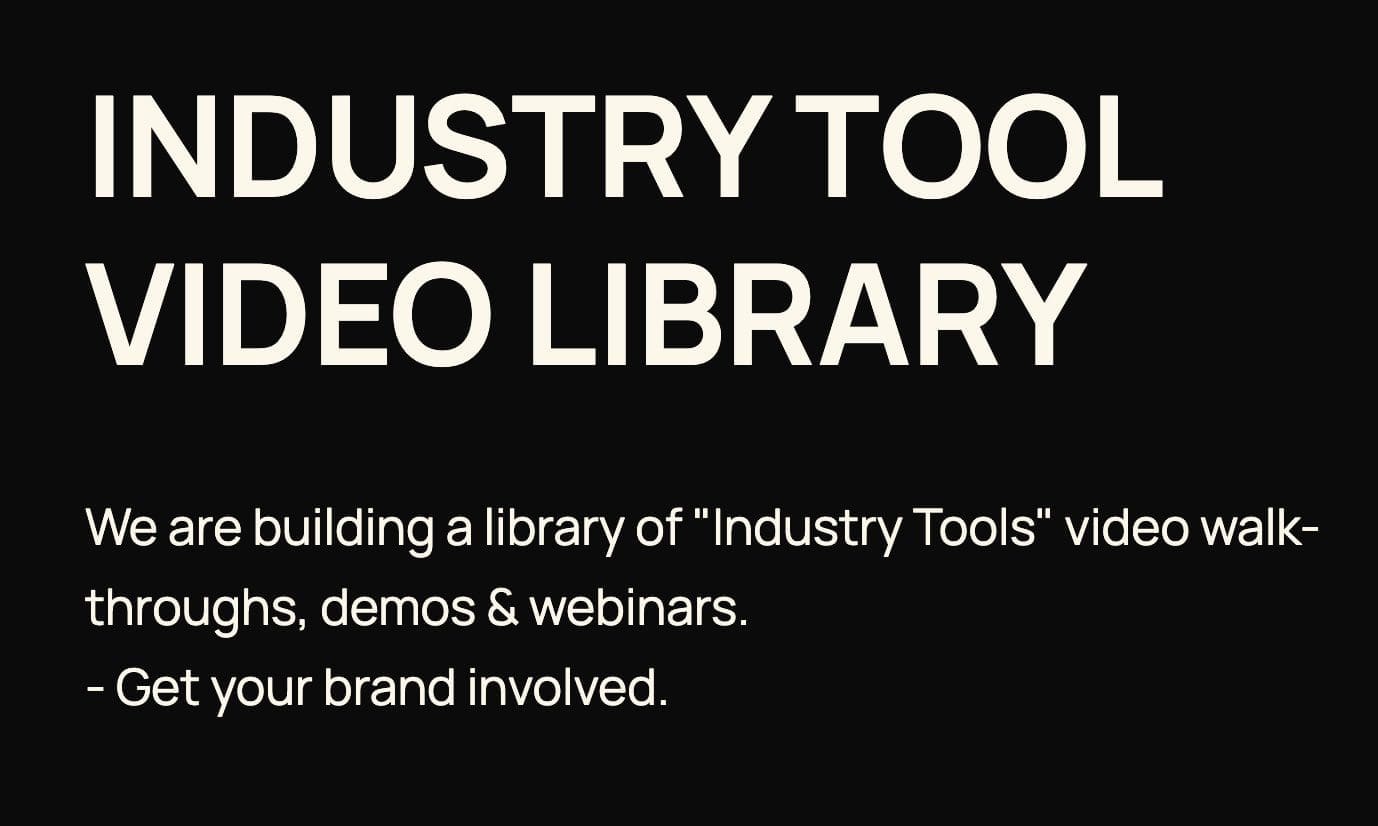AI Learning Centres:
- AI – Learn The Basics
- Get The Most From ChatGPT
- Branding in The Age of AI
- AI for Client Experience
- AI For Prospecting
- AI For Marketing
- AI For Listings & Ads
- Team Adoption of AI
- AI For PM
- AIO & Generative Search
- AI For Operations & Efficiency
- AI For Market Research & Analysis
- AI Ethics, Privacy & Compliance in Real Estate
Digital Marketing & Social Media Learning Centres:
Guides & Downloads

Measuring the ROI of Your Social Media Ad Campaigns
Measuring return on investment helps you see what is working, what is wasting money, and where to put your next advertising dollar. This guide shows you how to set up tracking, do the maths, and report the results in clear language that any team member can follow.
What ROI Means in Plain Words
Return on investment shows how much money you gain compared with how much money you spend.
ROI percent equals profit minus cost, divided by cost, then times 100
Profit is the income from the campaign after you subtract the cost of the campaign
Simple example
If a campaign makes 8,700 dollars profit and cost 2,300 dollars
ROI equals 8,700 divided by 2,300 then times 100 which is 378 percent
Match Your Ad Goal to a Real Business Result
Choose one main outcome for each campaign. This keeps your numbers clean and your reports easy to read.
Awareness
Goal is reach and video views for a new listing or brand storyTraffic
Goal is clicks to a property page or a landing pageLead generation
Goal is enquiries, appraisal requests, open home registrations, brochure downloadsConversion
Goal is booked appraisal, listing won, buyer appointment, sale
Pick the stage that matters most this month. Then measure that stage with care.
Set Up Tracking Before You Spend
Good tracking makes ROI easy. Do these steps once and reuse them for every campaign.
Create one clean landing page per campaign
Use a simple page with one action only such as register for open home or request an appraisalAdd a form with name, email, phone, and suburb
Keep it short to lift the completion rateTag your links with UTM labels
Use source, medium, and campaign to label where the click came from
Example
source equals facebook
medium equals cpc
campaign equals 10 Smith Street launchTurn on the platform pixel and conversion events
Facebook pixel and Google tag help you count actions like form submit or call clickConnect lead alerts to your inbox and CRM
Make sure every lead flows to one place so nothing is lost
Define Success With Clear Targets
Set a target for both cost and volume. Then you can judge the result with no guesswork.
Cost per lead target
Buyer lead target for a listing launch could be 10 to 25 dollars per lead
Appraisal lead target could be 50 to 150 dollars per leadVolume target
Example
40 buyer leads for first weekend
5 appraisal enquiries this monthTime frame
Daily view for tuning
Weekly view for decisions
Monthly view for budget
Know Your Costs
Include every dollar linked to the campaign.
Media spend on Facebook and Instagram
Creative cost such as video, photos, copywriting
Staff time to set up and reply
Landing page tool and form tool
Printing for QR codes or flyers if used
Add these to get your true campaign cost.
Put a Dollar Value on Each Outcome
You need a fair value for each main action. Use your own numbers or start with simple averages.
Average gross commission income per sale
Example 12,000 dollarsListing conversion rate from appraisals
Example 1 in 3 appraisals becomes a listing which is 33 percentSale conversion rate from listings
Example 90 percent of listings sellLead to appraisal rate
Example 1 in 10 appraisal enquiries books a meeting
From these you can work out expected value.
Example for appraisal leads
If 1 in 10 leads becomes an appraisal and 1 in 3 appraisals becomes a listing and 90 percent of listings sell and the average gross commission income is 12,000 dollars
Chance from lead to sale equals 1 divided by 10, then times 1 divided by 3, then times 0.9
That equals 0.1 times 0.3333 times 0.9 which is about 0.03
Expected value per lead equals 12,000 times 0.03 which is 360 dollars
This means each qualified appraisal lead is worth about 360 dollars on average. If you can get them at 120 dollars each, that is strong value.
Understand Attribution Windows
Attribution tells the platform which ad gets the credit for the result.
Click through attribution gives credit to the last ad you clicked within a set time, often 7 days
View through attribution gives credit to an ad you viewed without clicking, often within 1 day
Keep your reports consistent by using the same window for each campaign. For high value actions like listings, also use your CRM to confirm the true source.
Key Metrics to Watch
Reach
How many people saw the adClick through rate
Clicks divided by impressionsCost per click
Spend divided by clicksConversion rate
Leads or bookings divided by clicksCost per lead
Spend divided by leadsCost per appraisal
Spend divided by booked appraisalsReturn on ad spend
Revenue divided by ad spend
Useful for buyer lead generation with clear fee income
For full profit use ROI
Track these weekly in one sheet.
The ROI Formula Step by Step
Use this simple path for every campaign.
Add up total campaign cost
Example
Ad spend 1,500
Video edit 300
Staff time 200
Total cost equals 2,000Add up campaign income
If the campaign won one listing that sold for a 12,000 dollar gross feeSubtract other variable costs tied to the sale
Portal upgrades 800
Extra marketing 500
Net income equals 12,000 minus 1,300 which is 10,700Profit equals net income minus campaign cost
Profit equals 10,700 minus 2,000 which is 8,700ROI percent equals profit divided by campaign cost times 100
8,700 divided by 2,000 equals 4.35
ROI equals 435 percent
Real Examples You Can Copy
Example 1
Listing launch with buyer lead ad
Spend 900
Leads 60
Cost per lead 900 divided by 60 equals 15
Leads to inspection rate 40 percent gives 24 inspections
One extra offer leads to a sale at the price guide
The listing would have sold anyway, but the campaign built stronger competition
Value is brand reach and faster sale
Report as cost per lead and inspection outcome
Example 2
Appraisal lead campaign
Spend 1,200
Leads 18
Cost per lead 1,200 divided by 18 equals 66.67
Ten book a call
Three appraisals held
One listing won
Sale fee 10,000
Profit equals 10,000 minus 1,200 equals 8,800
ROI equals 8,800 divided by 1,200 times 100 which is 733 percent
Platform Reports You Should Read Each Week
Facebook Ads Manager
Look at cost per result, conversion rate, and frequency
Turn off ad sets with high cost per result and low conversionGoogle Analytics
Check UTM campaigns for sessions, form submissions, and calls from your landing pageCRM
Check booked appraisals, listing won, and sale outcomes with source set to the UTM campaign
Use the same campaign names across all three places. This keeps the story straight.
Track Offline Results Without Guesswork
Not every result happens online. Link offline actions to your ads.
Use a unique phone number on each landing page
Add a question in your form
How did you hear about us with a choice for Facebook, Instagram, Signboard, FriendUse QR codes at open homes that lead to the same landing page with the same UTM tags
Train the team to log source in the CRM during every call
Vendor Paid Marketing and ROI
When a seller funds part of the marketing, report the impact with care.
Show the vendor a simple dashboard
Spend, reach, leads, inspections, and offersExplain how the campaign built more buyer demand
Include cost per lead and cost per inspection
If the campaign helped win a stronger price or a quicker sale, state the evidence such as offers, days on market, and open home numbers
This builds trust and helps you win the next listing.
Common Mistakes and Easy Fixes
No single landing page
Fix by making one page per campaign with one clear actionNo UTM tags
Fix by saving a simple link builder template and using it every timeCounting all leads as equal
Fix by grading leads as hot, warm, or cold and report each gradeShort tests with tiny budgets
Fix by running at least one full buying cycle for the objective you choseTurning off winners too early
Fix by checking results over seven days before deciding
Benchmarks to Guide Your First Targets
These are starter ranges. Use your own data as soon as you have it.
Click through rate
One to three percent for most listing adsCost per buyer lead
Ten to thirty dollars for quality landing pagesCost per appraisal lead
Fifty to one hundred and fifty dollars for most areasConversion from appraisal lead to meeting
Ten to thirty percent with fast follow up
Review these each quarter and update for your local market.
A Simple Weekly Reporting Template
Copy these lines into your sheet and fill them in each Monday.
Campaign name
Goal
Total spend to date
Leads this week
Cost per lead this week
Leads to bookings this week
Booked appraisals this week
Listings won from this campaign
Sales from this campaign
Profit to date
ROI percent to date
Next action for this week
Five Step Workflow You Can Repeat Every Month
Set one goal and define the main action to measure
Build one landing page and one form with UTM tags
Launch two creative versions and one audience test
Check numbers twice a week and shift budget to the best ad set
Close the loop in the CRM and update your ROI sheet on the last day of the month
Quick Tools Checklist
Landing page builder with forms
UTM link builder
Facebook pixel and conversion events
Google tag and Google Analytics
Call tracking number or CRM call logging
One shared ROI spreadsheet
How to Lift ROI Fast
Improve the first three seconds of your video and the first line of your copy
Make your forms shorter and your landing pages faster
Reply to every lead in five minutes or less
Use social proof in your ads such as sale results and reviews
Retarget warm visitors with a simple follow up offer such as a price guide or suburb report
ROI is not a mystery. It is a simple habit. Plan your goal, track cleanly, count every dollar, and follow the numbers. When you do this each week, your spend goes to the best ideas, your team moves faster, and your listings and sales grow with less waste.
Author Ken Hobson
ken@agentslibrary.com.au






